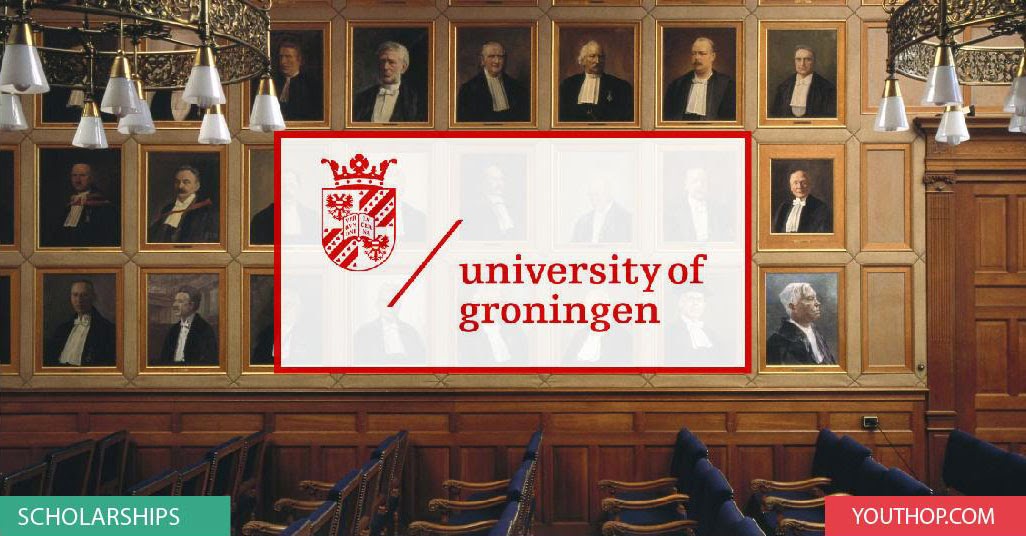Location: Norway.
Type: Fully Funded.
Norwegian Government offers Quota Scheme for Developing Countries students to study at selected Norwegian Universities. The scheme normally includes courses taught in English at Master’s and PhD level, in addition to certain professional degrees. The Quota Scheme will only enrol students from institutions (organisations, universities, authorities) which have collaboration agreements with Norwegian universities or colleges. Norwegian institutions usually do not admit free movers (individual applicants) to this scheme.
Eligibility:
- The Quota Scheme will only enroll students from institutions (organisations, universities, authorities) which have collaboration agreements with Norwegian universities or university colleges. Norwegian institutions usually do not admit free movers (individual applicants) to this scheme. Only in very special cases will free movers be considered. Please contact the institutions directly for individual information.
- Students who come to Norway as self-financing students will, as a rule, not be considered as being qualified for the Quota Scheme.
- Students usually apply for degree programmes that serve as a continuation of their studies in their home country or for courses which can be a joint part of a degree programme in their home country (joint degree or sandwich programmes). Most of the programmes offered are at Master’s or PhD level, but the Quota Scheme also offers certain Bachelor’s study programmes.
- All candidates should typically have the following basic qualifications: Secondary school certificates; Minimum two years of higher education from their home country. Some exceptions apply for certain professional educational courses at Bachelor’s level.
The objective of the scheme is to promote the internationalization of higher education. Currently, the scheme provides full scholarships for a total of 1 100 students, of which 800 are from developing countries and 300 from Eastern Europe and Central Asia.
What does it cover?
The Norwegian State Educational Loan Fund is responsible for managing the financial support provided for the Quota students. Each student receives the same amount of money as a Norwegian student would do in an equivalent educational programme. About 30 per cent of the amount is given as a grant and 70 per cent as a loan. However, the loan portion may be waived when the student returns to his/her home country after completing the course of study. Students who stay in Norway after finishing their studies or take up residence in another country than their home country must repay their loan. Normally, the financial support given will not exceed a time span of four years for one definite study plan or a combination of two programmes. Part-time studies are not supported.
How to Apply:
All inquiries should be directed to the International Office at the institution in question. Applications should be sent directly to the institutions and SIU is not responsible for received applications.
Scholarship Open for International Students: Students of Afghanistan, Algeria, Angola, Bangladesh, Benin, Bhutan, Bolivia, Brazil, Burkina Faso, Burundi, Cambodia, Cameroon, Cape Verde, Central African Republic, China, Colombia, Comoros, Cuba, Dominican Republic, Djibouti, East Timor, Ecuador, Egypt, Equatorial Guinea, El Salvador, Eritrea, Ethiopia, Gambia, Ghana, Guatemala, Guinea, Guinea-Bissau, Guyana, Haiti, Honduras, India, Indonesia, Iraq, Iran, Ivory Coast, Jordan, Kenya, Kiribati, Laos, Lesotho, Liberia, Madagascar, Malawi, Maldives, Mali, Marshall islands, Mauritania, Micronesia, Mongolia, Morocco, Mozambique, Myanmar (Burma), Namibia, Nepal, Nicaragua, Niger, Nigeria, Niue, North Korea, Pakistan, Palestinian territories, Papua New Guinea, Paraguay, Peru, Phillipines, Republic of the Congo (Congo-Brazzaville), Rwanda, São Tomé & Príncipe, Senegal, Sierra Leone, Solomon islands, Somalia, Sri Lanka, Sudan, Swaziland, Syria, South Africa, Tanzania, Tchad, Thailand, The Democratic Republic of Congo (Zaire), Togo, Tonga, Tunisia, Tuvalu, Uganda, Vanuatu, Vietnam, Western Samoa, Zambia, Zimbabwe, Yemen, Albania, Armenia, Azerbaijan, Bosnia and Herzegovina, Georgia, Kyrgyzstan , Kosovo, Macedonia, Moldova, Russian Federation, Tajikistan, Turkmenistan, Ukraine and Uzbekistan can apply for this Quota Scheme.







